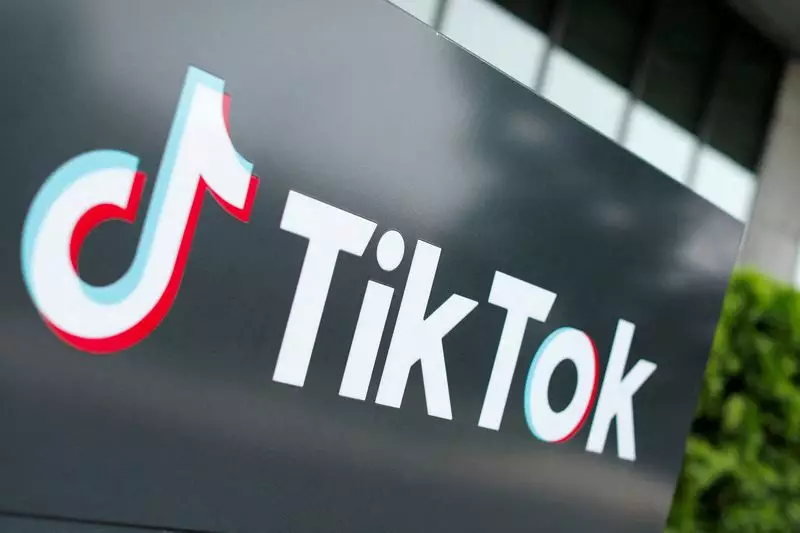In an unprecedented move, Albania has declared a one-year suspension of the widely popular social media platform TikTok. Prime Minister Edi Rama announced this decision, attributing it to rising concerns regarding the impact of social media on youth behavior following the tragic death of a 14-year-old schoolboy. This incident heightened the debate about platforms like TikTok and their influence, particularly when it comes to violent and hostile interactions among minors.
The decision aligns with a growing trend in several European nations aimed at imposing stricter regulations on social media usage among young people, with some countries like Australia aggressively extending these measures to those under 16. By implementing a ban on TikTok, Albania is not merely responding to a single incident; instead, it appears to be taking a more holistic view of social media’s role in contemporary youth culture.
Prime Minister Rama expressed strong views about the societal challenges posed by TikTok, emphasizing that the issue extends beyond the app itself. He considers the problems we face as a collective failure—both of society and its institutions—to safeguard children from negative influences. The increasing visibility of violent behavior condoned or even celebrated on social media can be attributed to a larger cultural problem rather than solely the actions of the youth involved.
This perspective raise essential questions regarding parental control and societal responsibility. How can communities create environments where children are shielded from toxic online interactions? What measures must be adopted by schools and families to ensure the safety of their children, both online and offline?
As the ban on TikTok approaches, several implications need to be considered. The shutdown will not only affect the platform’s accessibility but may also significantly influence how young people engage with each other and express creativity. TikTok, known for its basis in user-generated content, has become a prominent outlet for youth culture globally. For many teenagers, the app serves as a fundamental means of social connection and self-expression.
Moreover, while the Albanian government aims to curb violence and create a safer environment in schools through such measures, critics may argue that the ban could inadvertently drive young people to alternative, potentially more dangerous platforms. Instances of creativity or community connection could be lost in the process of enforcing this initiative.
Albania’s TikTok ban represents a significant and controversial step towards addressing the influence of social media on youth behavior. It provokes an essential dialogue around the role of technology in our lives, societal responsibilities towards children, and the need for balanced oversight in the digital age. Only time will tell whether this year-long suspension will yield the intended effects of a more secure schooling environment or provoke unintended consequences. The ongoing evaluation of such measures will serve as a crucial learning opportunity for other nations grappling with the same dynamic between social media, youth, and community safety.

